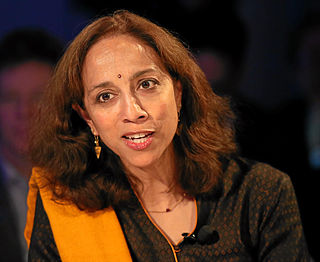A Quote by Felicity Huffman
The truth is women use contraception not only as a way to prevent unintended pregnancies, but also to improve their health and the health of their families. Increased access to contraception is directly linked to declines in maternal and infant mortality.
Related Quotes
In addition to being an economic security issue, the failure to pay women a salary that's equal to men for equal work is also a women's health issue. The fact is that the salary women are paid directly impacts the type of health care services they are able to access for both themselves and their families.
The way to plan the family is natural family planning, not contraception...This (use of contraceptives) turns the attention to self and so it destroys the gift of love in him or her. In loving, the husband and wife must turn the attention to each other as happens in natural family planning, and not to self, as happens in contraception. Once that living love is destroyed by contraception, abortion follows easily . . . And abortion, which often follows from contraception, brings a people to be spiritually poor, and that is the worst poverty and the most difficult to overcome.




































